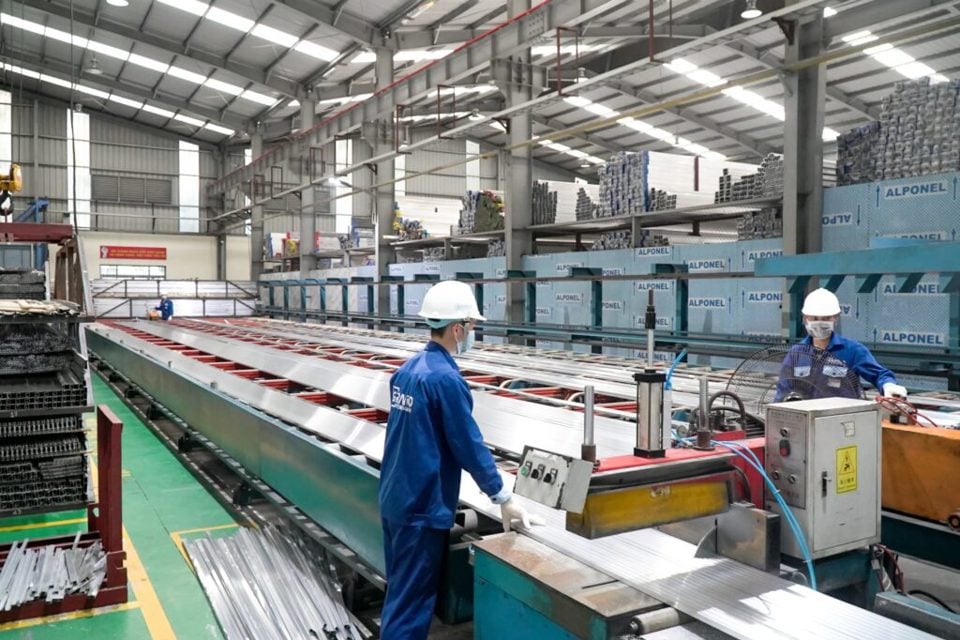
Not yet competitive advantage
According to industry experts, the total designed capacity of the entire Vietnamese aluminum industry is about 2 million tons/year, of which the capacity of aluminum profiles is 800,000 tons/year, but the actual output of the factories usually only reaches 45% of the designed capacity.
Regarding raw materials for aluminum production, up to now, the source of raw materials for production is bauxite ore, all the aluminum produced is exported and currently there is no capacity to produce aluminum, so 100% must be imported. Enterprises in the aluminum industry still depend on imported aluminum ingots and billets to produce aluminum products.
In addition, the imposition of trade sanctions on Russia and China, the world's two largest aluminum suppliers, has affected raw material sources, even disrupted supply, directly impacted raw material prices, and affected the production and business activities of domestic aluminum enterprises.
Difficulties piled on top of difficulties when on February 10, 2025 (ie the morning of February 11, 2025 - Vietnam time), US President Donald Trump signed an order to increase steel and aluminum import tariffs to a fixed rate of 25% "without exceptions or exemptions" in a move to support struggling industries, effective from March 12, 2025. Previously, in 2018, the US imposed a 10% aluminum import tariff, and now this tariff has increased to 25%.
According to the Vietnam Aluminum Profile Association, the group of businesses directly affected by this policy are foreign-invested (FDI) manufacturers. This is the main group of exporting businesses, so it will be more affected than Vietnamese private companies.
However, the consequence is that the excess capacity at these factories will put pressure back on the domestic market, which is already in surplus after a long period of recession, indirectly affecting all Vietnamese aluminum producers.
However, the impact of this policy on export markets is similar, except that Chinese goods are subject to an additional 10% tax rate, so the competitiveness of goods originating from China will be reduced compared to other markets. Therefore, Vietnamese enterprises still have the same competitive advantage compared to international markets, and have a better competitive advantage than Chinese goods.
Proactive solutions to overcome difficulties
Right from the beginning of US President Donald Trump's term, the Vietnamese aluminum industry has identified that it will have to face many tariff risks, increased input costs of raw materials - goods and transportation; causing the profit margin of Vietnamese aluminum enterprises to tend to decrease.
On the other hand, aluminum industry enterprises also promote research and development of new products to support traditional markets and customers, increasing the rate of added value in aluminum industry production.
In the immediate future, Vietnamese aluminum manufacturers and exporters need to focus on monitoring and updating information from partners on signed orders for export to the US market. At the same time, discuss appropriate solutions for subsequent orders to maintain trading activities with traditional partners.
Regarding the Trade Defense Department (Ministry of Industry and Trade), it recommends that export enterprises should pay attention to diversifying export markets and products. Increase the use of raw materials produced domestically or from sources that are not subject to trade defense measures (TMDs) applied by importing countries; increase the value-added ratio in products created at the enterprise.
Do not assist in the evasion of trade remedies measures and origin fraud to avoid facing trade remedies cases and prevent evasion of trade remedies measures; promptly detect acts of tax evasion of trade remedies and notify the Trade Remedies Authority to take appropriate response measures.
Proactively diversify raw material sources, avoid dependence on raw material sources from one country; regularly monitor and limit the import of raw materials from suppliers on the list of businesses identified as violating US regulations against forced labor.
Deploy a clear and transparent management and traceability system for raw materials; maintain an accounting system according to international standards, keep full invoices and documents; Allocate resources, fully cooperate with US investigation agencies when under investigation and contact the Department of Trade Remedies - Ministry of Industry and Trade for timely support.
Source: https://kinhtedothi.vn/doanh-nghiep-nhom-can-da-dang-hoa-thi-truong-va-hang-xuat-khau-de-vuot-kho.html


![[Photo] Prime Minister Pham Minh Chinh meets with King Philippe of Belgium](https://vstatic.vietnam.vn/vietnam/resource/IMAGE/2025/4/1/be2f9ad3b17843b9b8f8dee6f2d227e7)

![[Photo] President Luong Cuong and King Philippe of Belgium visit Thang Long Imperial Citadel](https://vstatic.vietnam.vn/vietnam/resource/IMAGE/2025/4/1/cb080a6652f84a1291edc3d2ee50f631)

![[Photo] General Secretary To Lam receives King Philippe of Belgium](https://vstatic.vietnam.vn/vietnam/resource/IMAGE/2025/4/1/e5963137a0c9428dabb93bdb34b86d7c)
![[Photo] Close-up of Vietnam's sniffer dog team searching for earthquake victims in Myanmar](https://vstatic.vietnam.vn/vietnam/resource/IMAGE/2025/4/1/d4949a0510ba40af93a15359b5450df2)
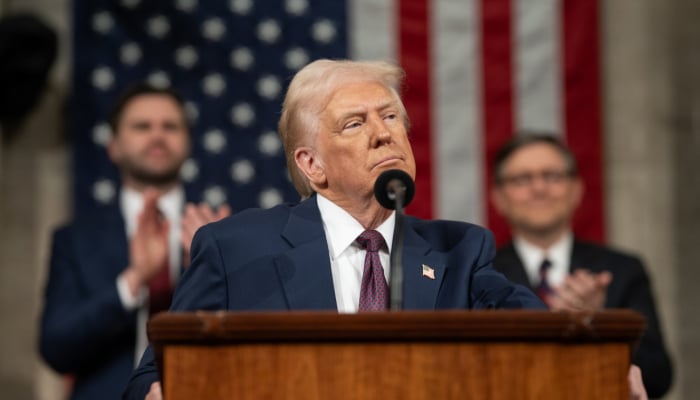

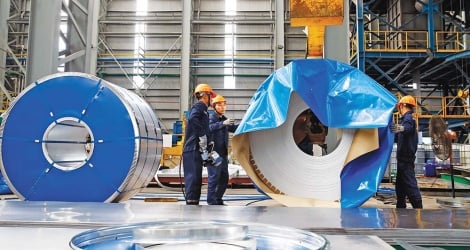

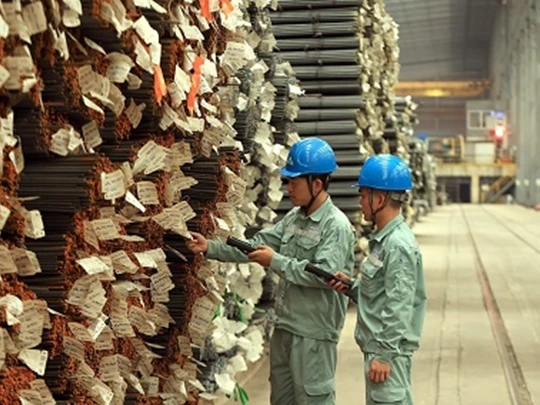





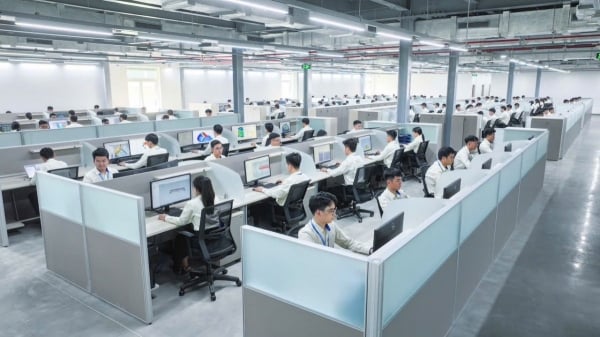
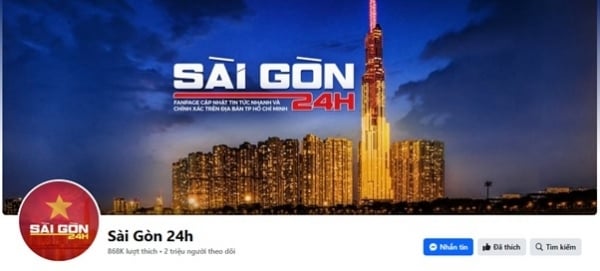
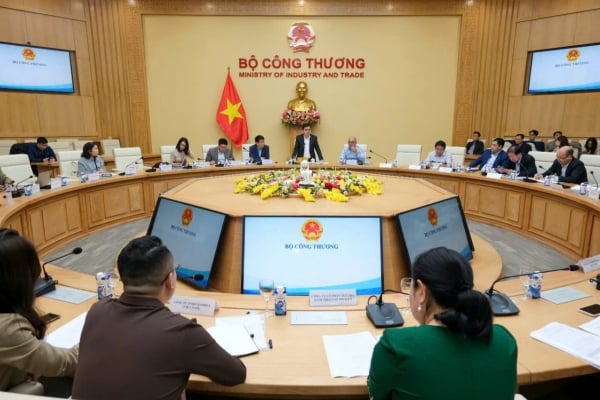
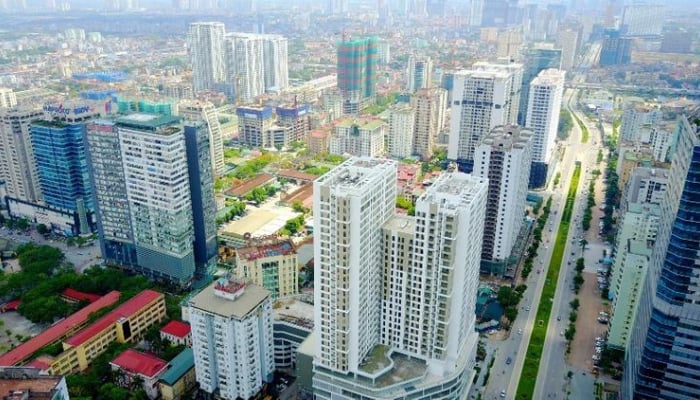

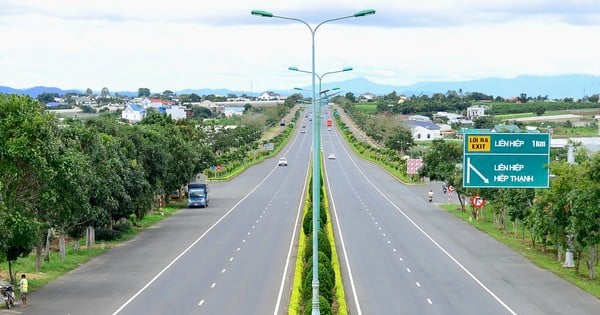







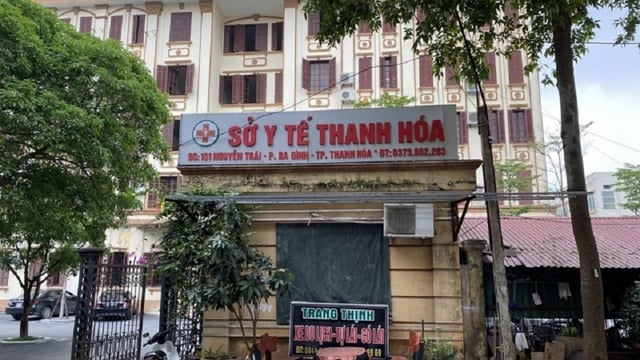
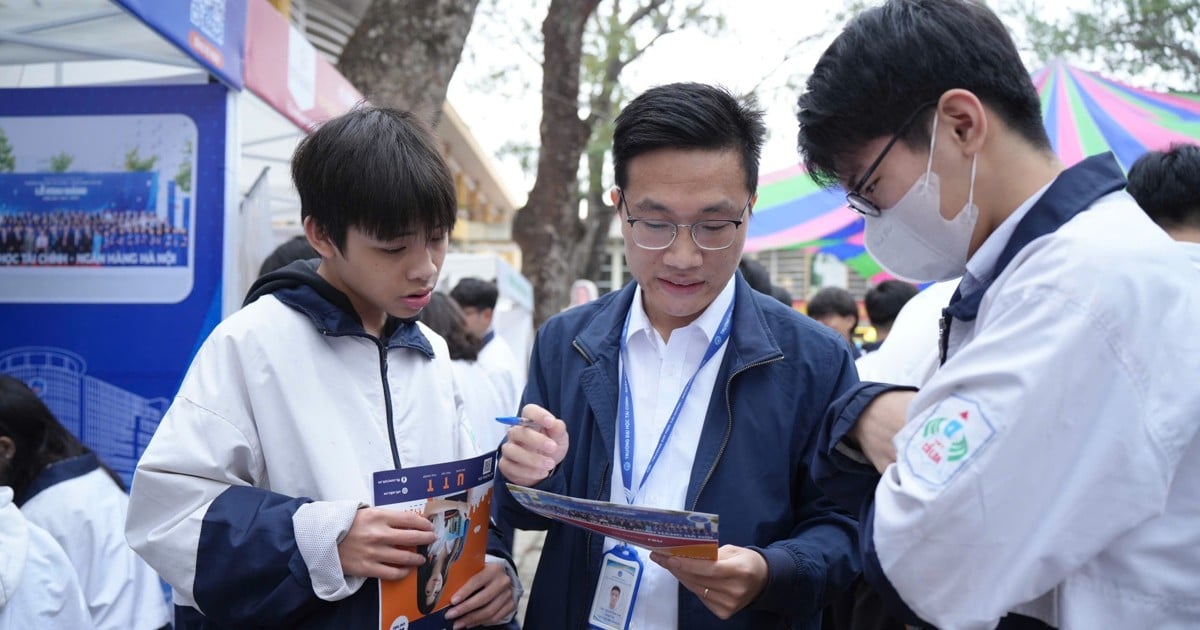
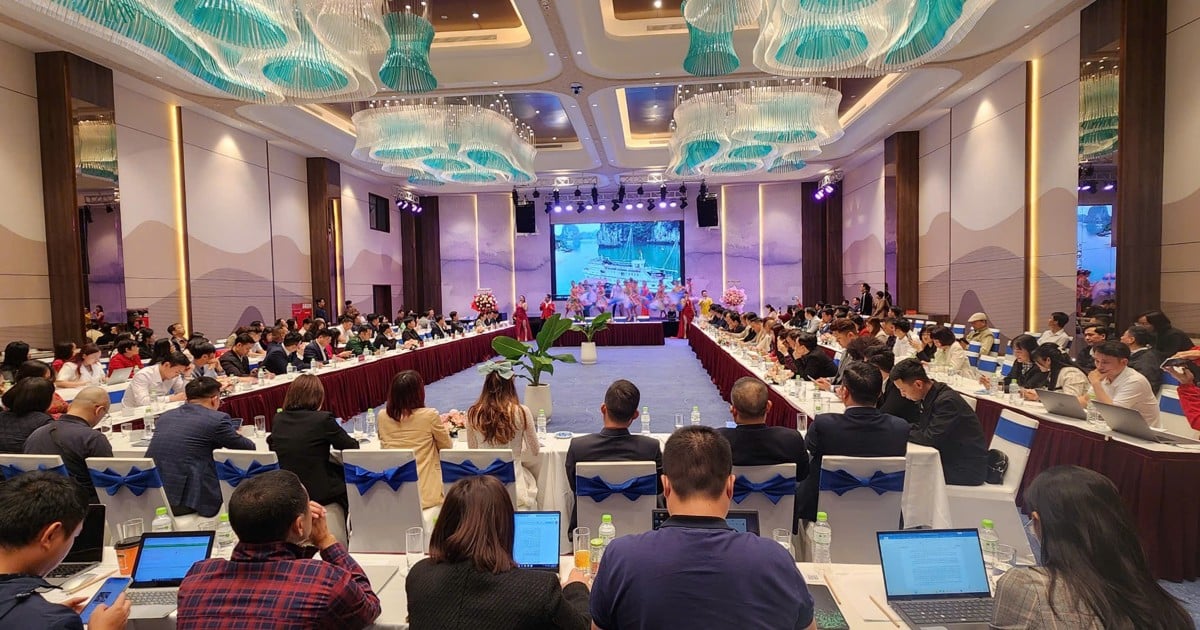
![[Photo] Myanmar's capital in disarray after the great earthquake](https://vstatic.vietnam.vn/vietnam/resource/IMAGE/2025/4/1/7719e43b61ba40f3ac17f5c3c1f03720)










































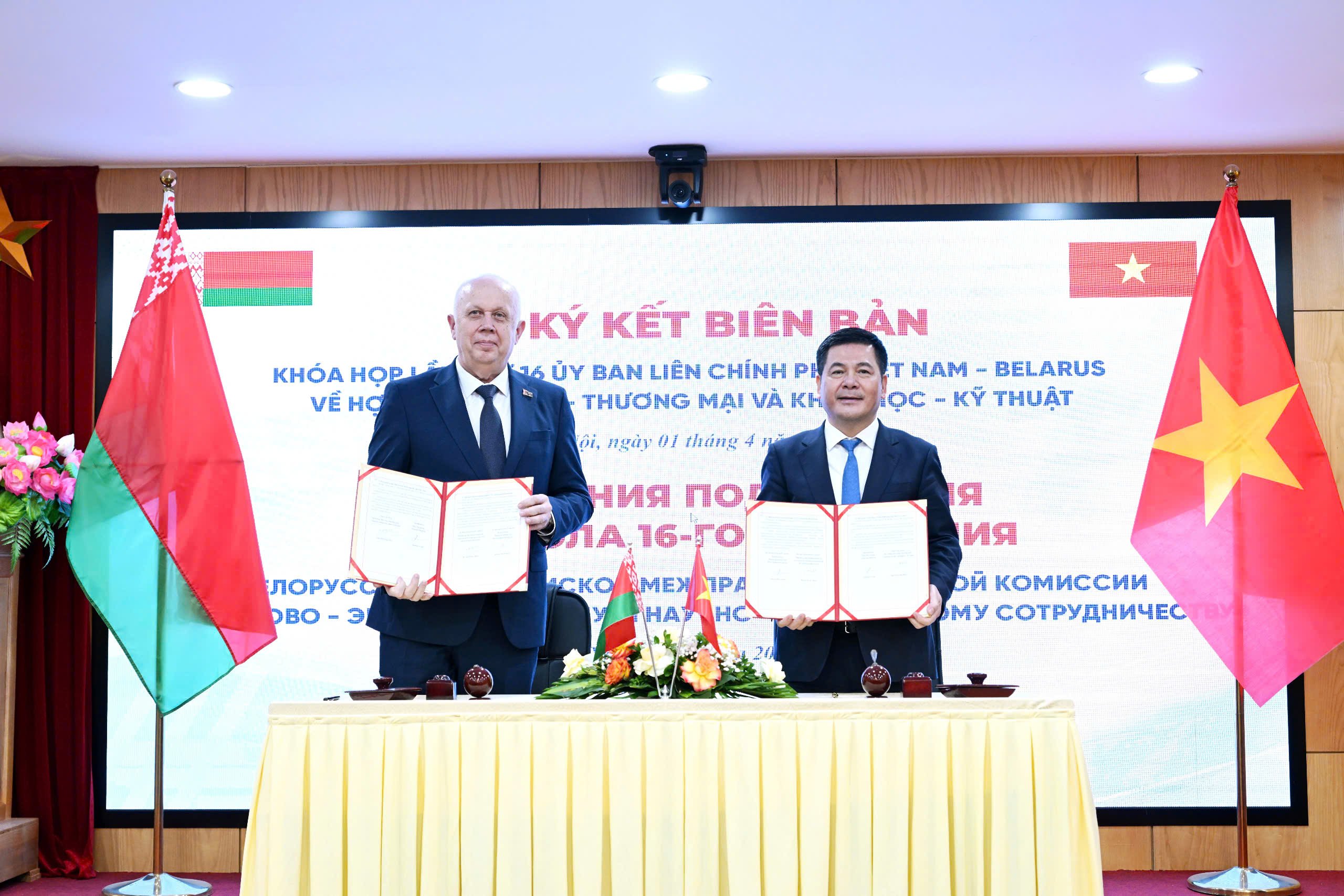
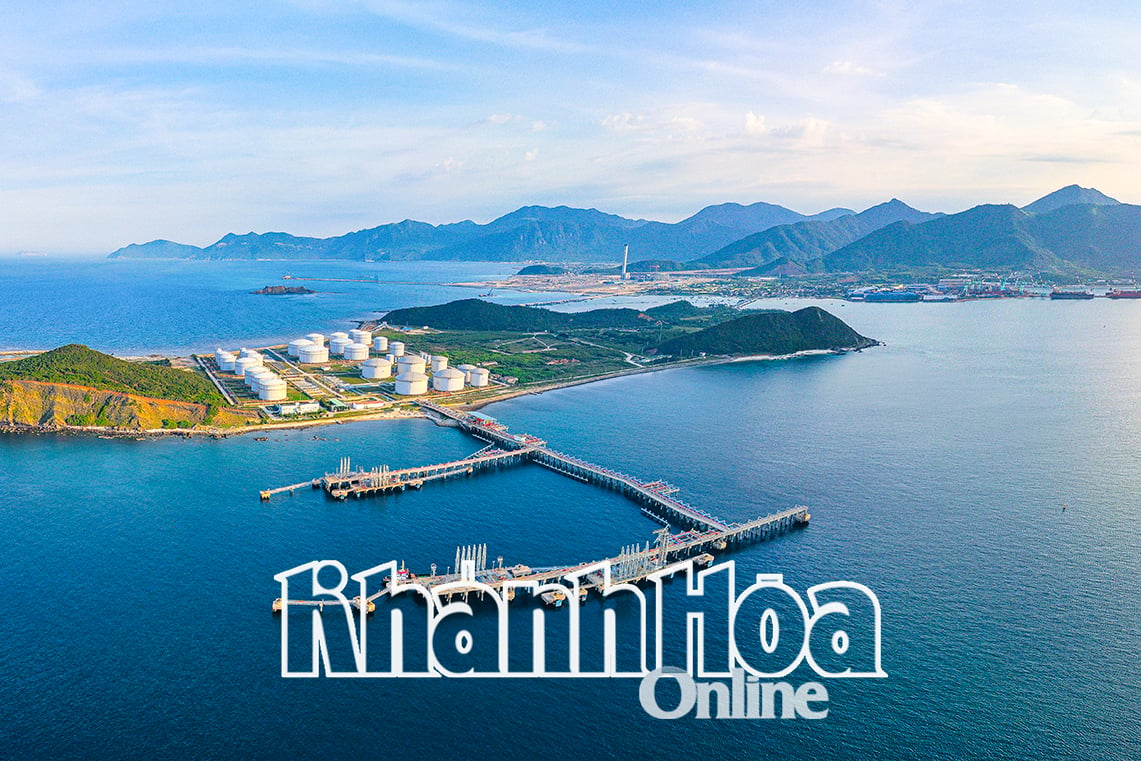

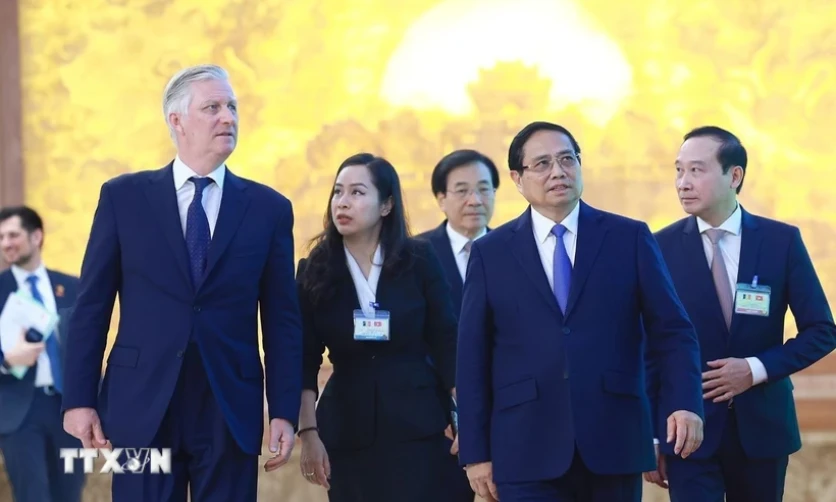





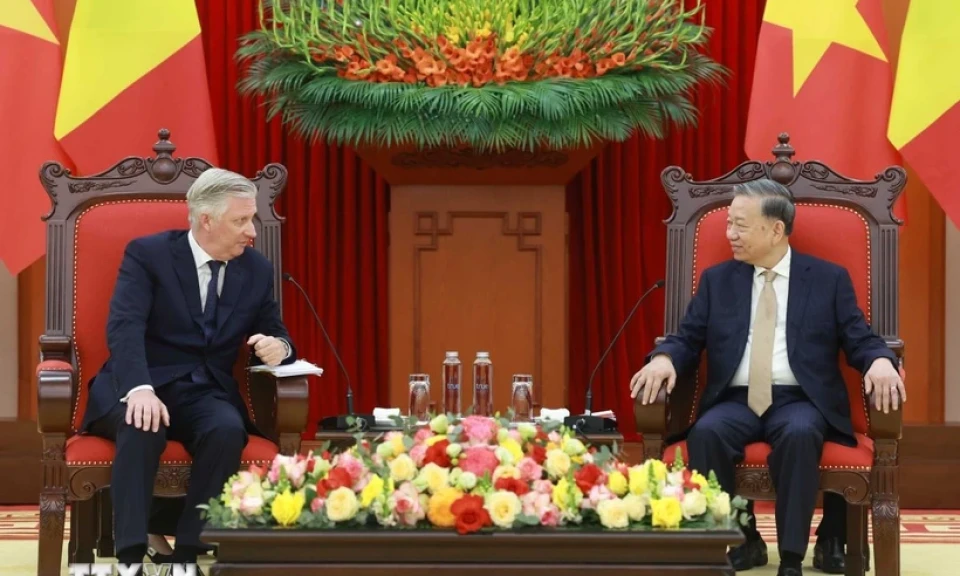











Comment (0)